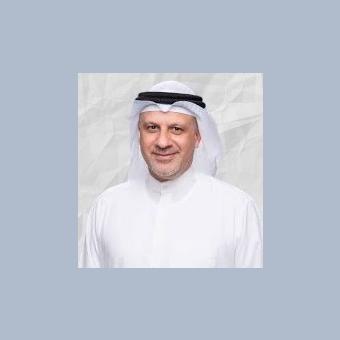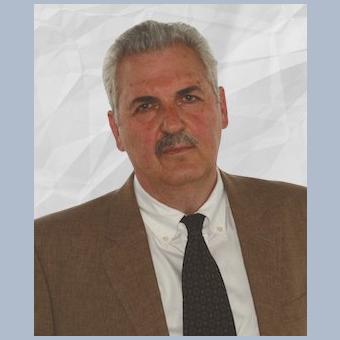Navigate the complex world of economic systems and policies, gaining the analytical skills and knowledge to drive informed decision-making and innovation.
Master of Science in Economics
The Department of Economics (College of Business Administration) offers a Master’s degree in Economics. The program accepts both Economics and non-Economics undergraduate degree holders. The main specific objectives for this program are: to promote excellence in policy economics education and research within the Economics Department; Also, to offer a rigorous program which is highly integrative, incorporating global and ethical dimensions,
and developing the required technical, leadership and interpersonal skills contributing to professional success. The program offers both thesis and non-thesis options.
Vision
To be recognized as a local and regional leader in economics graduate education and research. With a rich research-oriented curriculum and high caliber faculty, the program aims to produce ambitious economists equipped with well-rounded economic knowledge and rigorous analytical and quantitative skills, who would go on to contribute to Kuwait’s economy and society as academic scholars, business innovators, policy makers, and public sector administrators.
Mission
To provide master students with advanced knowledge in economic theory, offer comprehensive and diverse applied courses, and train them in the cutting-edge quantitative methods. The program strives to create a transformative educational experience by fostering a communal and collaborative environment that is conducive to intellectual curiosity and dialogue, engaging and interactive learning, and practical and policy-relevant research output
Educational Objectives
- To pursue successful careers as entrepreneurs, specialists, and business innovators in the private sector.
- To pursue further graduate studies leading to academic careers as researchers and educators.
- To become effective practitioners in public policy as analysts, consultants, policy makers, and public sector administrators.
- To be thought leaders in economic, business, public policy, and media circles.
Student Learning Outcomes
- Economic Theory: to develop a solid grounding in economic theory and apply it to complex economic problems, business decisions, and policy questions.
- Quantitative Reasoning: to master advanced mathematical and statistical methods to construct economic models, specify and estimate appropriate econometric models, draw credible causal inferences, and produce reliable predictions and forecasts.
- Critical Thinking: to analyze complex economic models, evaluate their assumptions critically, test their predictions and policy prescriptions, and distinguish between causal relationships and spurious correlations.
- Contextual Knowledge: to attain a comprehensive knowledge of the history and issues related to the economies of Kuwait, the Arabian Gulf, and the Middle East and North Africa region.
- Communication Skills: to write clear, rigorous, and coherent high-level research papers and communicate their methodologies and findings effectively and persuasively through presentations.
GPA: 2.67
TOEFL Score: 500
IELTS Overall Score: 6
- Reading Score: 5.5
- Listening Score: 5.5
- Speaking Score: 5.5
- Writing Score: 5.5
Accepted Degrees:
- All fields of study.
Comments:
- The GMAT score is factored into the admission criteria using the equation: (GMAT score – 200) / 600, and then multiplying the resulting value by 35%.
Available Seats: 15
Accepts Undergrads: No
Accepts Non-degree: Yes
Accepts Part-time: Yes
Accepts PAAET: No
| Name | Rank | Publications | Research Area |
|---|---|---|---|
| Professor | Nayef Gh Alshammari | ||
| Professor | Michail Skourtos | ||
| Associate Professor | Issa Al-qaisi | ||
| Associate Professor | Abbas Al- Mejren | ||
| Associate Professor | Abdullah A Alsalman | ||
| Associate Professor | Reyadh M Faras | Public Economics, International Trade | |
| Associate Professor | Ahmad Najjar | ||
| Associate Professor | Ebrahim M. Merza | ||
| Associate Professor | Anwar Al Shriaan | ||
| Associate Professor | Mohammad Abdallah Alawin | ||
| Associate Professor | Yousef H Alebraheem | ||
| Assistant Professor | Shamlan Sh Albahar |
Useful Links
Explore various work centers available, from HR and finance to facilities and beyond.


 Colored
Colored Grayscale
Grayscale





